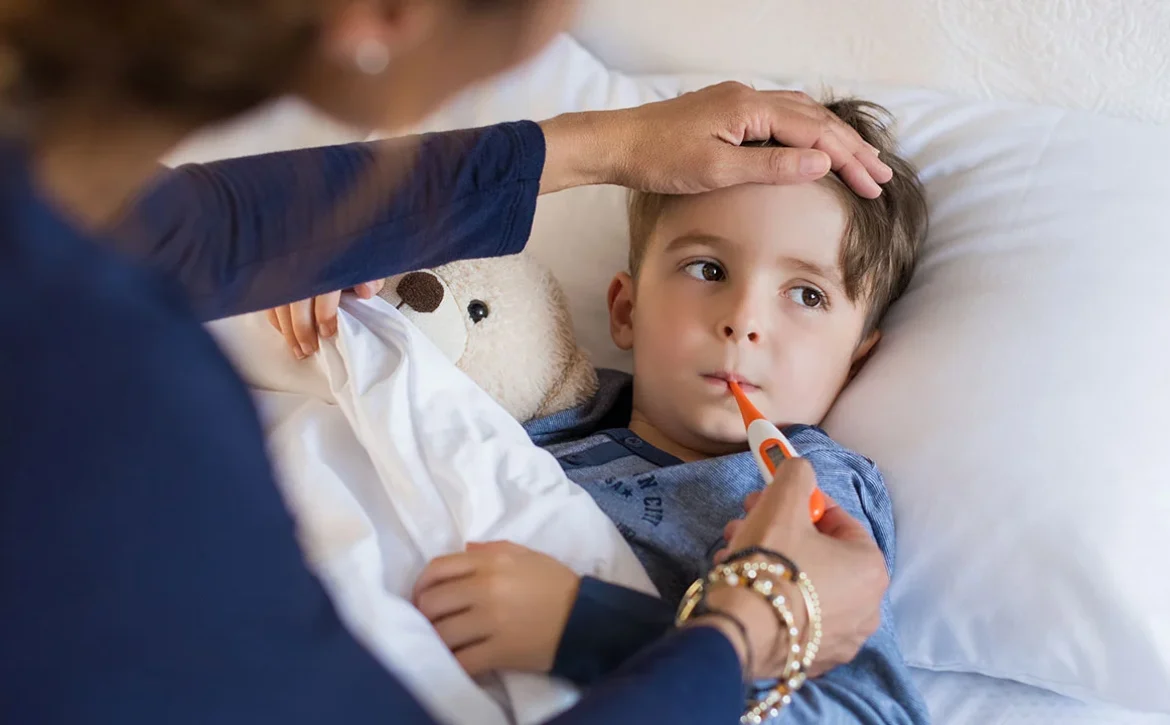How To Prep For The Summer Season As A New Mom?
Summers are exciting as you get to spend a lot of time outside with your little ones. But as a new mom, it can be challenging as you need to adjust to a new routine while caring for your baby. The summer season is all about high temperatures, hot sunny days, humidity, and more, and this can be a challenge for you and your young one. Babies have sensitive skin, and that is why they need some extra protection during the summer months. You need to have sun protection along with a proper hydration schedule to protect yourself from the summer heat. Your daily diet, skincare, and routine need to get adjusted if you are a new mom this summer season. So, if this is your first summer as a new mom, you need to keep certain points in mind to avoid all sorts of discomfort.
Pay Attention To The Clothes That You Choose
Choosing the right clothes is important for the summer season, and you need to choose the ones that stay cool for a long time. New moms and their little ones should wear loose and soft clothes that allow free movement of air and ensure that there are no rashes and irritation on the skin. Make sure that you avoid anything that is heavy and all sorts of synthetic layering. When you choose breathable clothes, then it helps prevent heat rashes and discomfort, which are caused by excessive sweating. You can go for hats and caps whenever you are stepping out to protect yourself and your baby from direct sunlight. As you enter motherhood, you are already making a lot of changes and adjustments to your wardrobe, and with the summer season around the corner, you need to be more careful.
Hydration Is Really Essential
Staying hydrated during the summer season is something we have heard since ages. Breastfeeding moms need to drink a lot of water to stay hydrated so that they can maintain milk supply. You can also go for coconut water or fresh fruit juices that are homemade. As a new mom, you should avoid caffeine and sugary drinks, as they can lead to dehydration. It should also be noted that babies under six months should not be given water, as breast milk or formula is enough to meet their water content. Dehydration signs for babies are dry lips, fewer wet diapers, etc and for moms it can be dizziness, low energy, and such related signs. The best habit to maintain is to keep a water bottle near you so that you can keep on sipping water now and then.
Keep Indoor Spaces Well Ventilated
Keeping the indoor spaces cool and well-ventilated is essential during the summer season. The baby’s room should also be well ventilated with fans and air conditioners working properly to create a comfortable environment. Though you should never put your baby directly in front of the AC vent. Curtains should also be used to block sunlight from directly entering the room. Furthermore, it’s vital that you keep the fans and air conditioners clean by regularly washing off the filters. Make sure that you also change the baby bedsheets frequently so that if there’s any sweat buildup, it can be taken care of. A cool and calm space helps your baby sleep better and promotes a good sleeping routine.
So, if this is your first summer as a new mom, you don’t need to panic or stay on your toes every time. All you need to do is to follow some simple steps so that you and your baby can stay fresh and happy for a long time.










